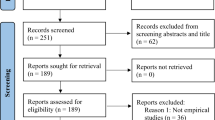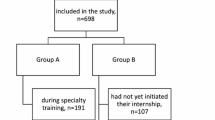Abstract
THE article on medical research in NATURE of April 5 hits the nail on the head. Great Britain is now spending, I suppose, something like a quarter of a million pounds a year on subsidised medical researches; but as you say, “Research and original investigation of the highest kind are the work of the individual, and first-class researchers occur sporadically but a few times in a generation” —and the nation does nothing at all to encourage these men at present. I have no doubt that the subsidised workers are all doing their best, but we as a nation do not seem quite to understand the fact that discovery—which is the final crown of research—is rarely achieved except by people who possess a very specialised order of intellect. In the past the men who have actually made the most important advances in medical science have been volunteers, and often, like Harvey, Jenner, Pasteur, Lister, Laveran, Koch, and many others, were not subsidised or paid at all, at least when they began their labours. In my opinion, out of 30,000 or more medical men in Great Britain, there may be many or several potential Harveys and Jenners, but owing to the absence of any payment whatever, even for the most successful but privately made discoveries, such potential workers do not allow themselves to indulge in the pleasures (or pains) of scientific investigation.
This is a preview of subscription content, access via your institution
Access options
Subscribe to this journal
Receive 51 print issues and online access
$199.00 per year
only $3.90 per issue
Buy this article
- Purchase on SpringerLink
- Instant access to the full article PDF.
USD 39.95
Prices may be subject to local taxes which are calculated during checkout
Similar content being viewed by others
Author information
Authors and Affiliations
Rights and permissions
About this article
Cite this article
ROSS, R. The Encouragement of Medical Discovery. Nature 113, 569 (1924). https://doi.org/10.1038/113569a0
Issue date:
DOI: https://doi.org/10.1038/113569a0



